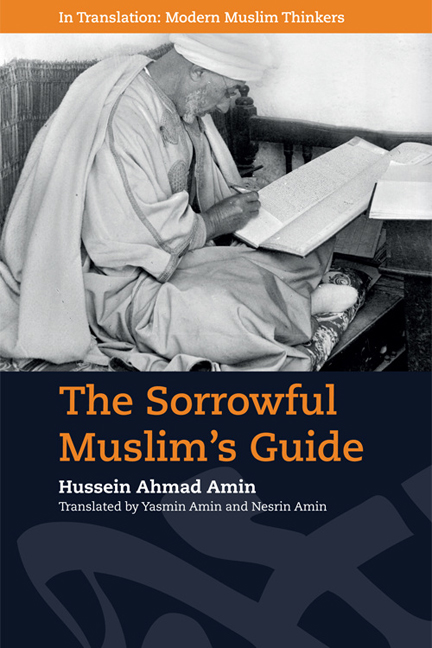8 - The Decline in the Position of the Clergy in the Eyesof Muslims
Published online by Cambridge University Press: 06 May 2021
Summary
Previously, greater knowledge would increase a scholar's contempt for the world and his inclination towards renouncing it, but nowadays, it only increases his attachment to the world. Previously, a man would spend his wealth on acquiring knowledge, but nowadays, this knowledge helps men acquire wealth. Previously, knowledge would help a scholar grow inwardly and outwardly, yet nowadays the inward and outward corruption shows on him.
Dhū-l-Nūn al-MisriA scholar enters between God and his creations; let him be careful how he enters!
Ibn al-MunkadirAl-Khaṭīb al-Baghdādī (in Tārīkh Baghdad) and Tāj al-Dīn Al-Subkī (in Ṭabaqāt al-Shāfiʿiyya al-kubra) list countless examples of the reverence enjoyed by religious scholars in the Middle Ages. The latter writes that when a religious scholar visited Khorasan once, the entire population, including women and children, came out to touch his robes and collect the dust off his shoes to use it as medicine to heal themselves. Merchants brought out their goods of sweets, fruit, garments and furs, scattering them above people's heads. The Sufiwomen of that town threw their rosaries at him, hoping these would touch him and that they would therefore receive his barakāt (blessings).
Ibn al-Jawzī describes the crowd attending Aḥad Ibn Ḥanbal's funeral, saying:
A thousand thousand [i.e., a million] people gathered, the likes of which had never been seen before, neither in Jahiliyya nor in Islam. They estimated that about sixty thousand women gathered next to the wall. Some people spent the night by the tomb. There was no household untouched by grief, except the houses of evil. The day he died, twenty thousand Jews, Christians and Magi converted to Islam.
Centuries later, Ahmad Amin wrote in his autobiography Ḥayātī (My Life) that when he sought marriage:
… the turban became a stumbling block in the way. When I approached some of the homes of families with girls of marriageable age, they accepted my youth, my degree, and my salary, but they did not accept my turban. A turban denoted religiosity, which in their view implied radicalism and lack of civility, and was synonymous with backwardness, avarice and other such repulsive meanings. I was told they have no place for a turban.
- Type
- Chapter
- Information
- The Sorrowful Muslim's Guide , pp. 159 - 176Publisher: Edinburgh University PressPrint publication year: 2018

